Are Nuts A Super Food?
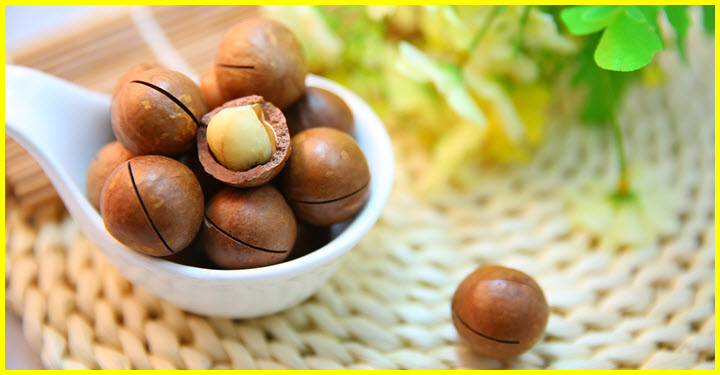
Nuts and seeds are super healthy and an important addition to any health-conscious diet plan. A handful of nuts is always a good choice when the snacking hungries hit. One of their advantages is that they are easy to transport and store. Some nuts can go rancid quite quickly so it is a good idea to keep them refrigerated.
They are good for your overall health as they contain protein, fiber, B vitamins, vitamin E and many other minerals and antioxidants.
They also contain a large amounts of monounsaturated fats. Monounsaturated fats are heart-healthy. Some nuts and seeds are also great sources of omega-3 fatty acids.
Eating nuts and seeds regularly plays a key role in managing high cholesterol, high blood pressure, digestive disorders, heart disease, cardiovascular disease, diabetes, obesity, arthritis, osteoporosis, Alzheimer’s and dementia.
Always eat them raw to derive their full nutritional value. When exposed to heat during cooking, most of the nutritional qualities of the nuts are destroyed. You can eat them as is out of the jar or can, or enjoy them soaked, ground or mashed.
The Best Nuts And Seeds
Macadamia Nuts
Macadamia nuts have the highest fat and lowest protein and carb content of any nut, and they also happen to be one of my favorites. Raw macadamia nuts also contain high amounts of vitamin B1, magnesium, and manganese.
Just one serving of macadamia nuts net 58 percent of what you need in manganese, and 23 percent of the recommended daily value of thiamin. Moreover, about 60 percent of the fatty acid in macadamia is the monounsaturated fat oleic acid. This is about the level found in olives, which are well known for their health benefits.
Pecans
Pecans contain more than 19 vitamins and minerals, and research has shown they may help lower LDL cholesterol and promote healthy arteries.
One of my favorite treats is candied pecans in a salad. (I know they have sugar, but the trace amount that's found in a few teaspoons of chopped pecans is not going to cause a major problem provided you're eating a healthy whole food diet the rest of the time).
Pecans are a close second to macadamia nuts on the fat and protein scale, and they also contain anti-inflammatory magnesium, heart healthy oleic acid, phenolic antioxidants, and immune-boosting manganese.
Walnuts
One-quarter cup of walnuts provides more than 100 percent of the daily-recommended value of anti-inflammatory plant-based omega-3 fats, along with high amounts of copper, manganese, molybdenum, and biotin.
They also contain the amino acid l-arginine, which offers multiple vascular benefits to people with heart disease, or those who have increased risk for heart disease due to multiple cardiac risk factors.
Walnuts contain antioxidants that are so powerful at free-radical scavenging that researchers called them “remarkable,”1 and research has shown that walnut polyphenols may help prevent chemically-induced liver damage.2
Research even shows that two handfuls a day of walnuts may help prevent both prostate and breast cancer and may curb tumor growth. It can also support brain health, including increasing inferential reasoning in young adults.3
The outermost layer of a shelled walnut – the whitish, flakey (or sometimes waxy) part – has a bitter flavor, but resist the urge to remove it. It's thought that up to 90 percent of the antioxidants in walnuts are found in the skin, making it one of the healthiest parts to consume.4
Almonds
Like walnuts, one of the healthiest aspects of almonds appears to be their skins, as they are rich in antioxidants including phenols, flavonoids, and phenolic acids, which are typically associated with vegetables and fruits.
A study in the Journal of Agricultural and Food Chemistry even revealed that a one-ounce serving of almonds has a similar amount of total polyphenols as a cup of steamed broccoli or green tea.5
They're also notably beneficial for your heart health. A study in the journal Circulation found people with abnormally high level of lipids, such as cholesterol, in their blood were able to significantly reduce their risk factors for coronary heart disease by snacking on whole almonds (those who snacked on whole-wheat muffins received no such benefit).6
Do be careful not to overeat almonds, however, as they are high in protein – nearly one gram per almond.
Brazil Nuts
Brazil nuts offer many of the same benefits of other nuts – healthy fats, antioxidants, fiber, vitamins, and minerals. However, they're most notable for being an excellent source of organic selenium, a powerful antioxidant-boosting mineral that may be beneficial for the prevention of cancer.
They also have a beneficial high fat and low protein content, behind only macadamias and pecans.
Pistachios
Pistachios are high in lutein, beta-carotene, and gamma-tocopherol (vitamin E) compared to other nuts. Eating one or two servings of pistachios a day has been shown, in fact, to increase blood levels of antioxidants and, in turn, lower oxidized LDL cholesterol in people with elevated levels.7
Past research has also shown that diets containing pistachios reduce systolic blood pressure and vascular responses to stress in adults with high cholesterol.8 They're also useful for maintaining a healthy weight (as are most nuts).
People who ate pistachios for 24 weeks lost an average of 0.7 inches from their waists, reduced cholesterol by 15 points, improved their blood sugar, and lowered inflammation.9
Further, they're an excellent source of monounsaturated fatty acids, which tend to “preferentially target belly fat,” according to the study's lead researcher.10
Be aware that most pistachios are bleached, so to avoid potentially harmful residues it's important to look for organic pistachios (see the section on organic nuts below for more details). Pistachios are also one of the higher protein nuts, so they should be eaten in moderation.
Pumpkin Seeds
With a wide variety of nutrients ranging from magnesium and manganese to copper, protein, and zinc, pumpkin seeds are nutritional powerhouses wrapped up in a very small package.
They also contain plant compounds known as phytosterols and free-radical scavenging antioxidants, which can give your health an added boost.
Pumpkin seeds have long been valued as an important natural food for men's health. This is in part because of their high zinc content, which is important for prostate health (where it is found in the highest concentrations in the body).
This is also because pumpkin seed extracts and oils may play a role in treating benign prostatic hyperplasia (BPH, or enlarged prostate).
Animal studies even suggest that pumpkin seeds may help improve insulin regulation and help prevent diabetic complications by decreasing oxidative stress.11
Sunflower Seeds
Sunflower seeds are rich in vitamin E, copper, B vitamins, manganese, selenium, phosphorus, and magnesium. Sunflower seeds also contain one of the highest levels of phytosterols of commonly consumed nuts and seeds. Phytosterols are beneficial for your heart health and immune system, and may help lower cancer risk as well.12
You should eat most nuts in moderation. This is not because of their high fats and calories but because they are high in protein.
The video below discusses a lot more varieties of nuts and seeds and their nutrient values.
.
For more health info on these top nuts check out Dr. marcola's blog.
Images came from pixabay.com.
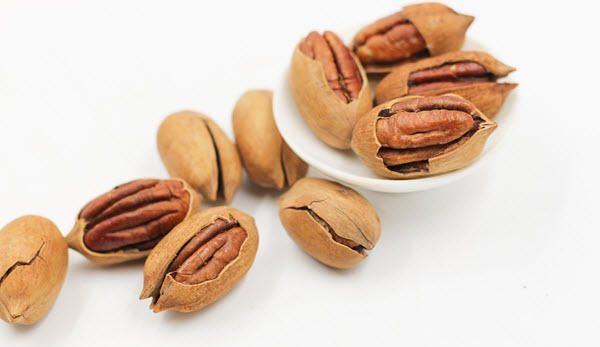
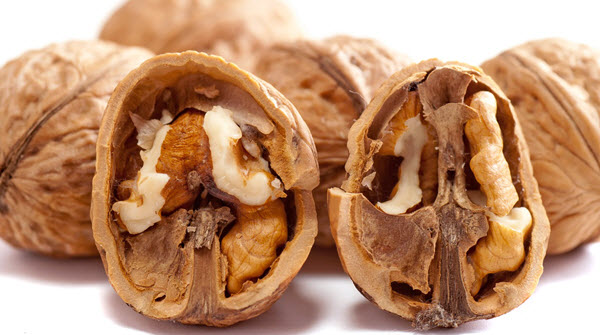
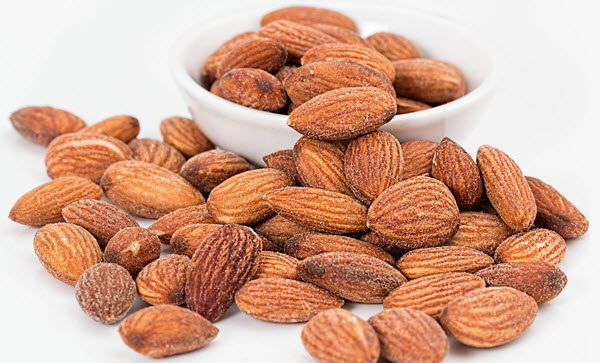
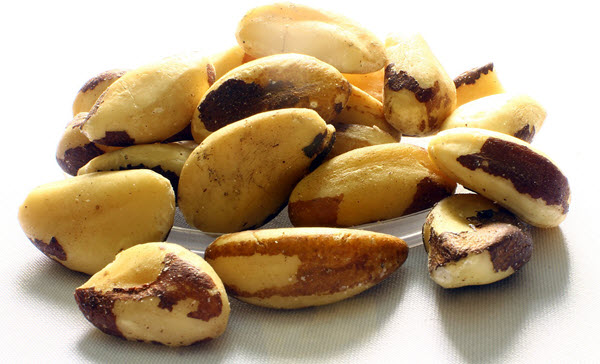
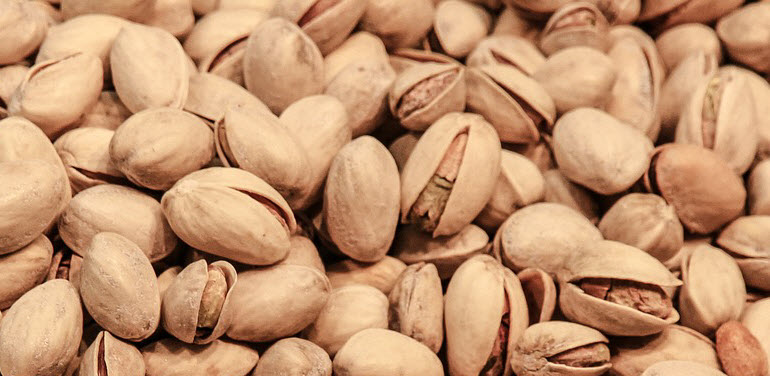
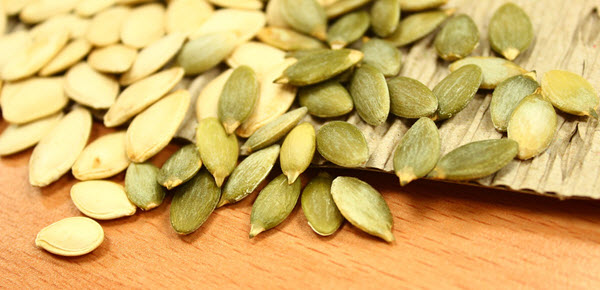
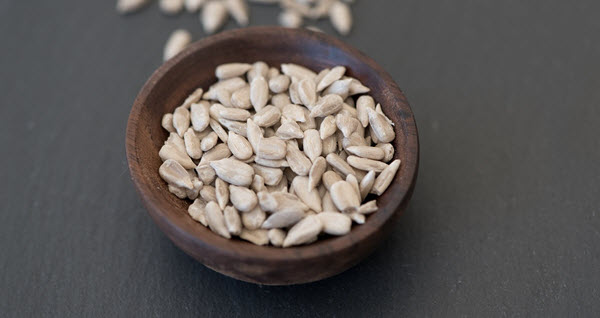




Leave a Reply